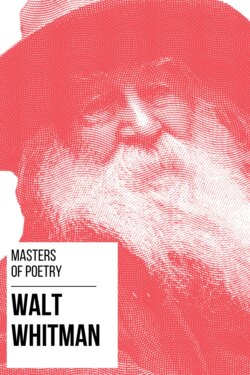Читать книгу Masters of Poetry - Walt Whitman - August Nemo, John Dos Passos, Ellen Glasgow - Страница 48
На сайте Литреса книга снята с продажи.
III
ОглавлениеIt seems to me it is always in order to protest against the narrow and dogmatic spirit that so often crops out in current criticism touching this matter of art. "The boundaries of art are jealously guarded," says a recent authority, as if art had boundaries like a state or province that had been accurately surveyed and fixed,—as if art was a fact and not a spirit.
Now I shall deny at the outset that there are any bounds of art, or that art is in any sense an "enclosure,"—a province fenced off and set apart from the rest,—any more than religion is an enclosure, though so many people would like to make it so. Art is commensurate with the human spirit. I should even deny that there are any principles of art in the sense that there are principles of mechanics or of mathematics. Art has but one principle, one aim,—to produce an impression, a powerful impression, no matter by what means, or if it be by reversing all the canons of taste and criticism. Name any principle, so called, and some day a genius shall be born who will produce his effects in defiance of it, or by appearing to reverse it. Such a man as Turner seemed, at first sight, to set at defiance all correct notions of art. The same with Wagner in music, the same with Whitman in poetry. The new man is impossible till he appears, and, when he appears, in proportion to his originality and power does it take the world a longer or shorter time to adjust its critical standards to him. But it is sure to do so at last. There is nothing final in art: its principles follow and do not lead the creator; they are deductions from his work, not its inspiration. We demand of the new man, of the overthrower of our idols, but one thing,—has he authentic inspiration and power? If he has not, his pretensions are soon exploded. If he has, we cannot put him down, any more than we can put down a law of nature, and we very soon find some principle of art that fits his case. Is there no room for the new man? But the new man makes room for himself, and if he be of the first order he largely makes the taste by which he is appreciated, and the rules of art by which he is to be judged.
